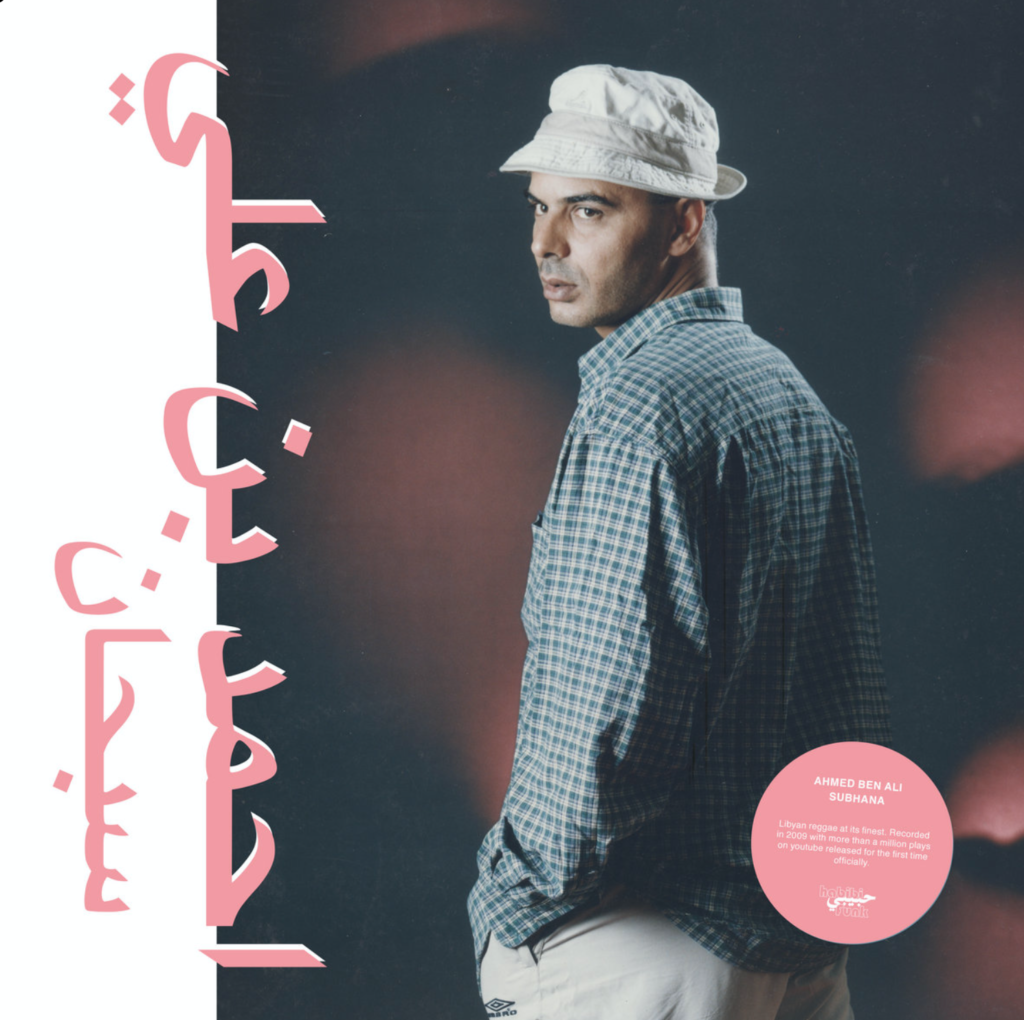An Evening in Amman: Habibi Funk

By Artemis Sianni-Wedderburn, BA Hons Politics and Arabic
Ahlan wa Sahlan – welcome to Artemis’ Amman. In this column, I bring stories from Amman to London through the platform of The Spirit. I hope to share with you a sliver of the ‘City of Stairs’ and what I am doing there on my Year Abroad.
I was asked in my Arabic speaking class to describe my first week in Jordan – my (lack of) vocabulary and I didn’t get much further than ‘El3ab Yalla’ (Yalla, lets go). I thought I would share it with you instead.
In October, I interviewed Berlin-based DJ and music producer Jannis Stürtz, better known as ‘Habibi Funk’. I was very lucky to get a ticket to his sold out gig – an evening of Libyan reggae, Sudanese jazz, and Tunisian disco followed at ‘Cellar’ in Amman.
Two days later, I met Jannis. Over an almond cappuccino at ‘Rumi Cafe’, we started talking about what he does and why anybody should care.
The role of a music producer seems simple – facilitate the release of music in a way that suits the artist and label, pleasing, motivating, and inspiring others. This is the base for Habibi Funk, yet the music is not in any way written or modified by the label.
Habibi Funk aims to release in the original format, usually first heard as a disc. The vinyl nature of the records ties into the crucial aspect of making this music digitally available. I have yet to meet someone who walks around London with a record player.
You might not think that Libyan reggae would be a clubbing soundtrack – and you would be wrong. The tracks ‘don’t need the boost’ of a remix, instead their timeless nature brings an afternoon in Benghazi to a club in Amman – and makes you dance.
Habibi Funk – like mint tea – has its origins in Morocco, specifically Casablanca. The chance birth came in the form of a record by Fadoul – an artist with a passion for funk ‘sung with a punk attitude’. His song ‘Sid Redad’ draws from James Brown’s ‘Papa’s Got a Brand New Bag’ – with Arabic lyrics and Moroccan pride.
Two years of searching for Fadoul followed, not made any easier by the issue of transcribing Arabic (Fadoul had four different spellings). Ultimately, the search ended as it had started, with music and soul in Casablanca.
“It is an artist’s right for their music to be properly distributed.”
Unfortunately, Fadoul was already deceased. However, his family approved the release of the music in partnership with Habibi Funk. Jannis tells me that the profits from releases are split 50/50 between the label (to cover costs) and the artists or their families. He highlights that he does not ‘discover’ any of the music, rather provides a stage for it to be amplified. It is an artist’s right for their music to be properly distributed.
The tagline – how the label advertises the artists – that the music is released under is reflective of this. It is a matter of balancing between creating an understandable headline whilst remaining accurate and respectful. The complexity needs to be reflected without feeding into stereotypes in terms of the language and origin. Contextualisation is important as it may help the listener understand why it is so remarkable and unique.

Habibi Funk releases are eclectic and no sound identical – yet what they all have in common is that they did not exist on an international stage beforehand. This may be due to circumstances beyond their control. For instance, Lebanese artist Issam Hajali created and released during the Lebanese civil war.
The music is exceptionally personal – as all the best things are. Jannis and his team ‘find music we like, and we think more people than us might like it, and we try to amplify it.’ The eclectic blend is reflective of this, as well as the fact that sales are not expected to have massive turnovers. It is a niche interest.
As with anything, there is criticism. Comments online croak that there are undertones of cultural appropriation. However, it is important to remember the role of artistic inspiration. For example, the first song by Fadoul that the label heard was inspired by the Western artist James Brown. Yet, Fadoul made it into his own – and did a fantastic job doing so.
Libyan reggae artist Ahmed Ben Ali faces something similar. When asked in an interview whether his reggae was Libya’s take on reggae, he answered that it was simply reggae. Sung in Arabic, in Libya.
Ben Ali’s song ‘Subhana’ has 1,150,287 streams on Spotify at the time of writing. The very fact that it is the artist’s profile that has these streams encapsulates the relationship with Habibi Funk.
The wonderful thing about music is that it unites people. It does not matter what you do or what you look like – you can listen to the same song as anybody else. There is the feeling that there is a presence in your life that is by your side always. At least to me, this is what music is.
You can experience this for yourself at Habibi Funk’s upcoming gig in London (10/12/21 at Jazz Cafe), where you will most definitely see me enjoying another fantastic evening with eclectic music from all over the Arab world.
Featured Photo Caption: Fadoul on the cover of a Habibi Funk release (Credit: Habibi Funk Records).



